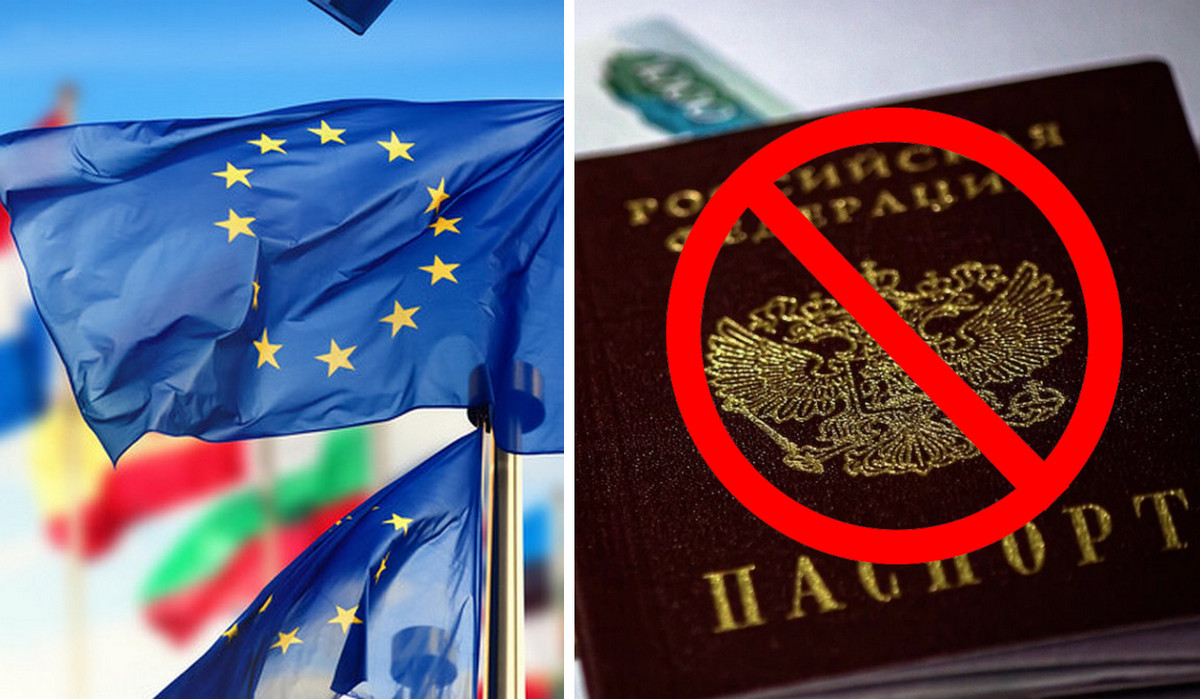Another formally legal barrier on the way to Europe was put up for Russian tourists by at least three countries with the prospect of expanding the list of such countries. It is about the mandatory acquisition by tourists of not Russian, but European insurance, which may be an impossible requirement under the current conditions. As tourism market experts explained to ATOR, this requirement has been introduced by at least three countries — Germany, Malta, and Slovenia. Tourist countries that are more “tolerant” of Russian tourists are still holding their own.
We remind you that in general, an insurance policy has always been required to obtain a Schengen visa. However, first of all, a Russian tourist could issue it online at any Russian insurance company in just a few minutes. It was here that another sanction barrier arose. Several EU countries now require Russian applicants only to have insurance issued by European insurance companies. In Europe, they want to be sure that, if necessary, the insurance company will be able to pay the insurance amount on the territory of the Schengen zone”, – explained the tour operators. This applies to countries such as Germany, Malta, and Slovenia – relevant statements were published by the visa centers of these countries. And the visa center of Slovenia directly explained that the measure was introduced “in connection with restrictions on banking operations” – that is why “it is necessary to present a health insurance policy for travelers issued by insurance companies located outside the Russian Federation”, preferably from the European Union.
The “icing on the cake” of this requirement turns out to be that, according to current European legislation, EU insurance companies do not have the right to ensure non-EU residents. That is, Russian tourists are faced with an impossible task.
According to tour operators, Russian tourists are extremely confused. So far, there is no decision on how to deal with this requirement. “Now we know how to solve this issue. For example, one of our clients was insured by a host organization. But whether this is possible in all cases is still unclear,” commented ATOR at KMP Group. Insurers are also looking for a solution, expecting it by the end of the week.
It is also worth adding that there is no agreement on this issue among the countries of the European Union. As the tour operators added, there have been no problems with the registration of insurance in other European countries, except for those who made this request. Greece, Italy, Spain, Hungary, and France do not express any concerns and continue to accept insurance from Russian companies. The reason is that despite all the sanctions, Russian tourists and their money remain necessary for these countries — and, according to experts, they will not increase the requirements for Russian tourists until the last.

